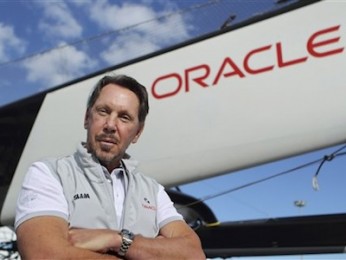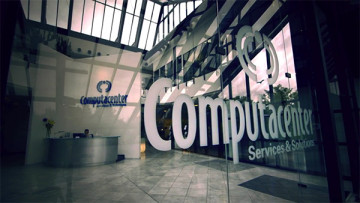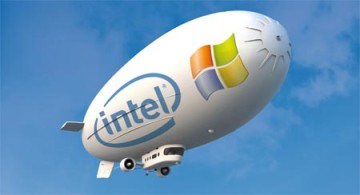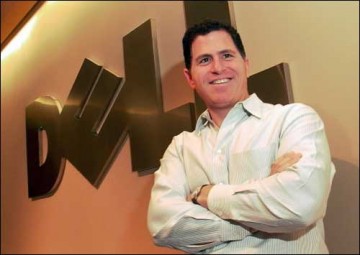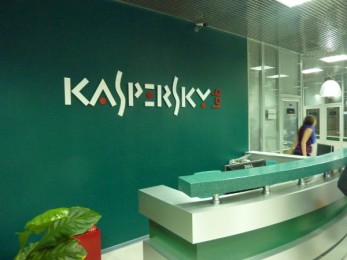 Summit Hosting has acquired Tech Commandos, another step in a glorious five-year plan to become a leading financial cloud hosting provider with cloud computing and Desktop-as-a-Service (DaaS) products.
Summit Hosting has acquired Tech Commandos, another step in a glorious five-year plan to become a leading financial cloud hosting provider with cloud computing and Desktop-as-a-Service (DaaS) products.
The expansion will immediately grow the Summit Hosting customer base and add a new practice area focusing on ACT Hosting, further solidifying Summit Hosting as a leader in small and medium-sized business (SMB) hosting providers.
Summit Hosting CEO Warren Patterson said that he was excited about the Tech Commandos acquisition as part of his outfit’s glorious five year acquisition plan. The buy-out will expand Tech Commandos’ hosting expertise and solidify our place atop the list of cloud hosting services in the SMB marketplace, he said.
Summit Hosting is a cloud hosting provider for financial applications, including QuickBooks, Sage, and SAP Programmes.


